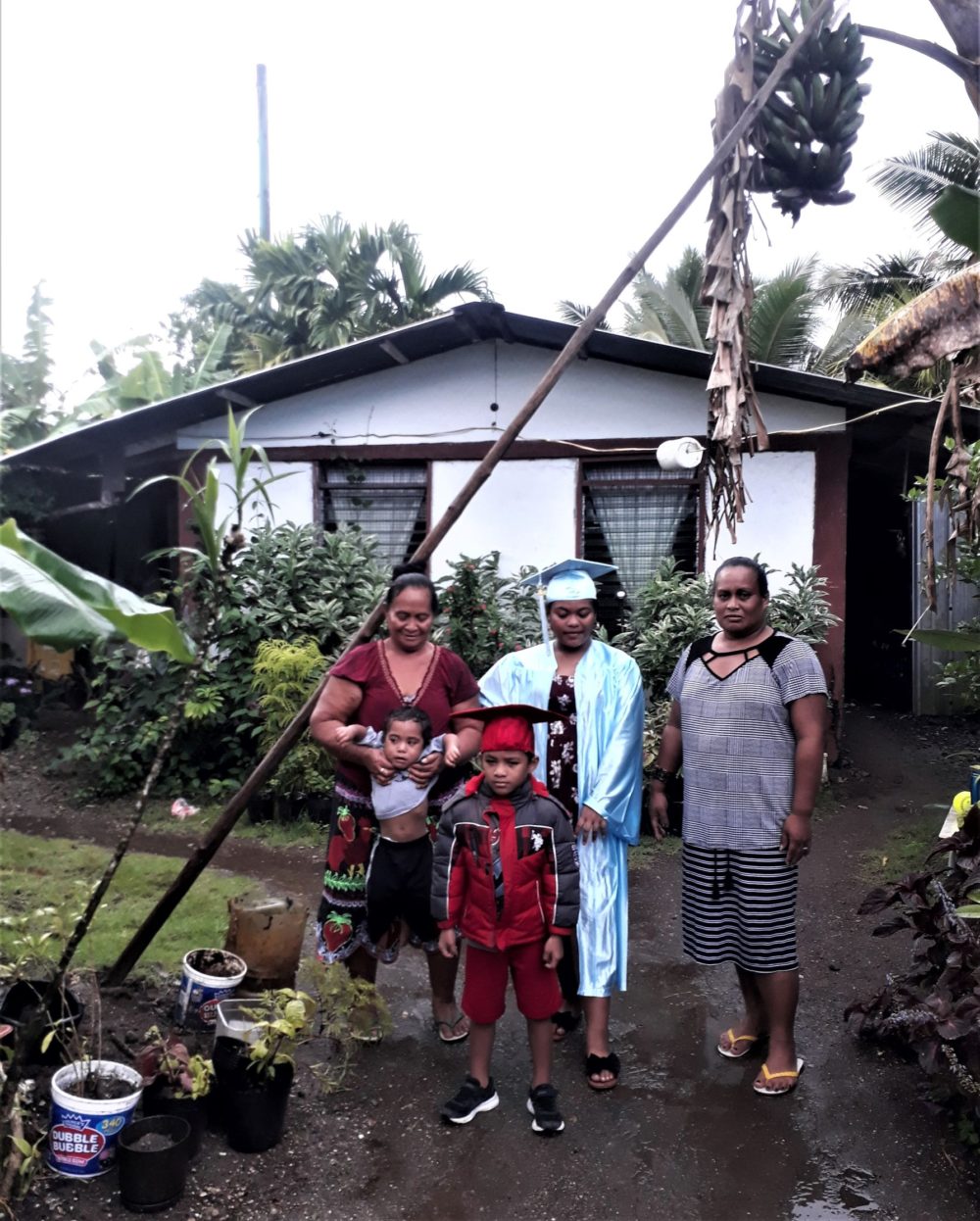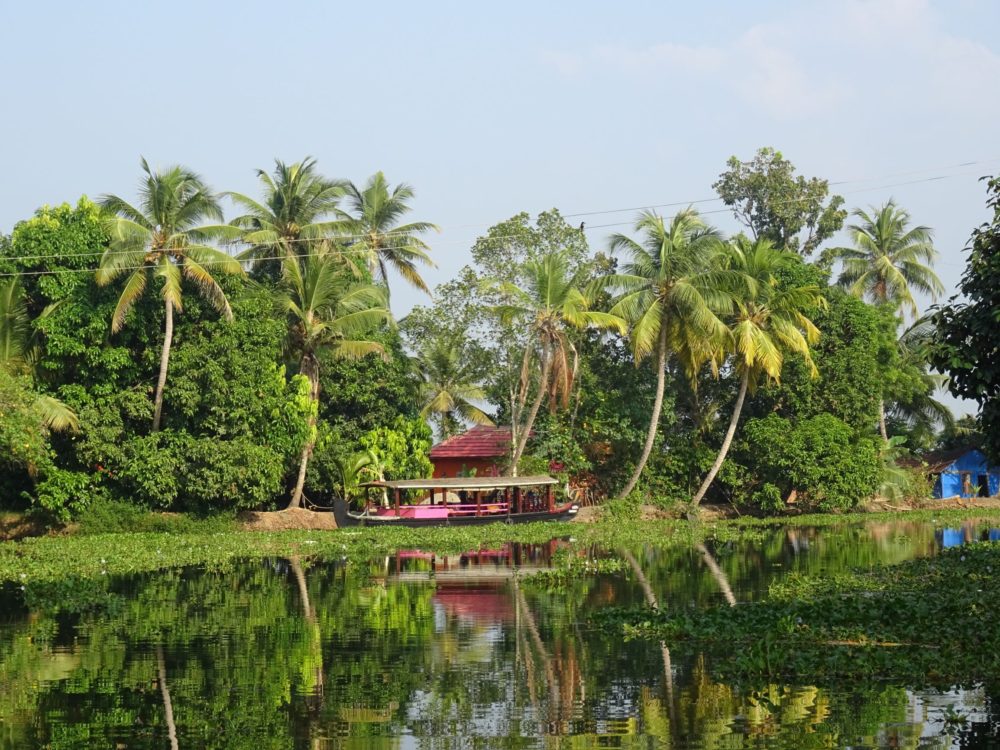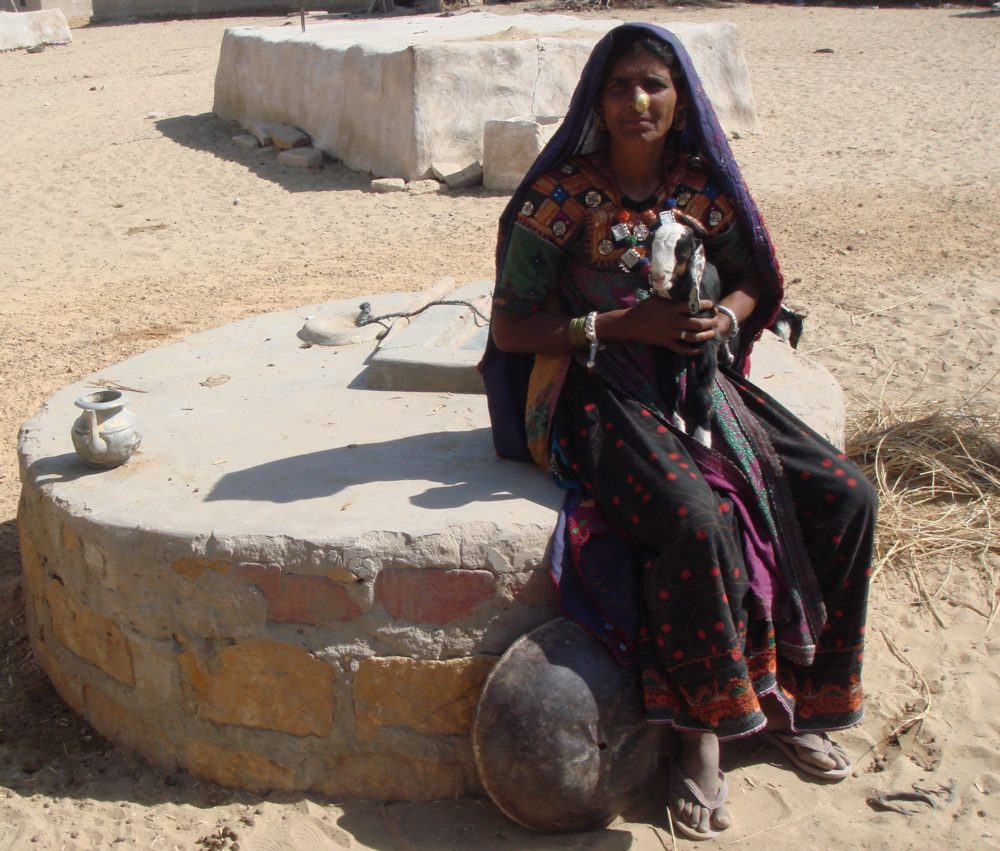By Neena Bhandari
Sydney, 28.06.2021 (IPS): Robby Nena is one of the many farmers and fishermen on the frontline of climate change in the Federated States of Micronesia (FSM), where coastal flooding and erosion, variable and heavy rainfall, increased temperature, droughts and other extreme weather events are becoming all too common.
FSM is one of the 22 Pacific Island Countries and Territories (PICTs). These nations contribute less than 0.03 percent of the world’s total CO2 and other greenhouse gas (GHG) emissions. Yet, they are amongst the most vulnerable to the impacts of global warming, climate change and sea level rise. A quarter of Pacific people live within 1 km of the coast.
“Every time it rains, our home and farm get flooded, destroying our crops, damaging infrastructure and posing a major health hazard. Our tapioca and taro crops were completely destroyed in the major flooding event last month”, Nena tells IPS from Utwe village in FSM’s Kosrae state via a choppy Messenger call.



